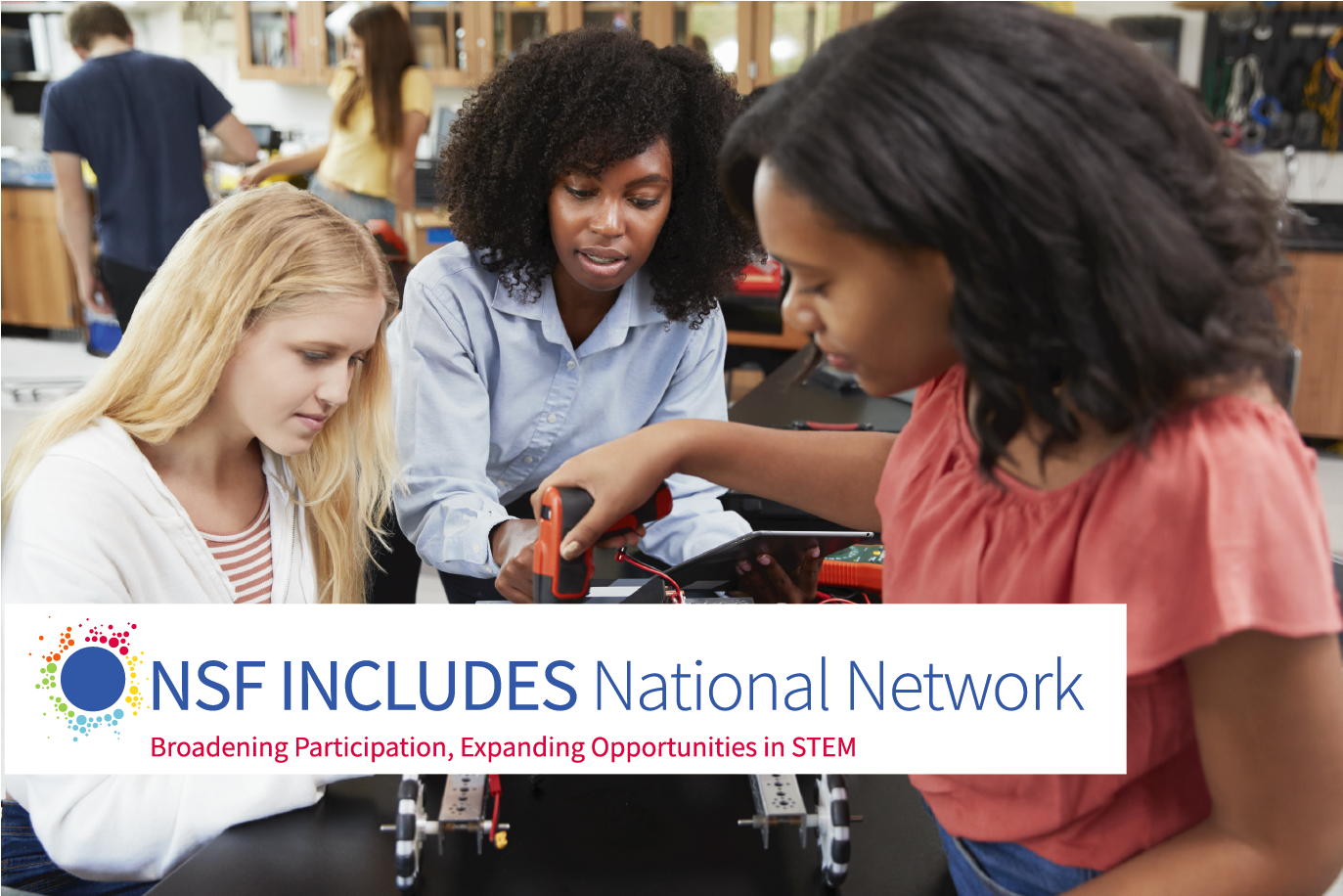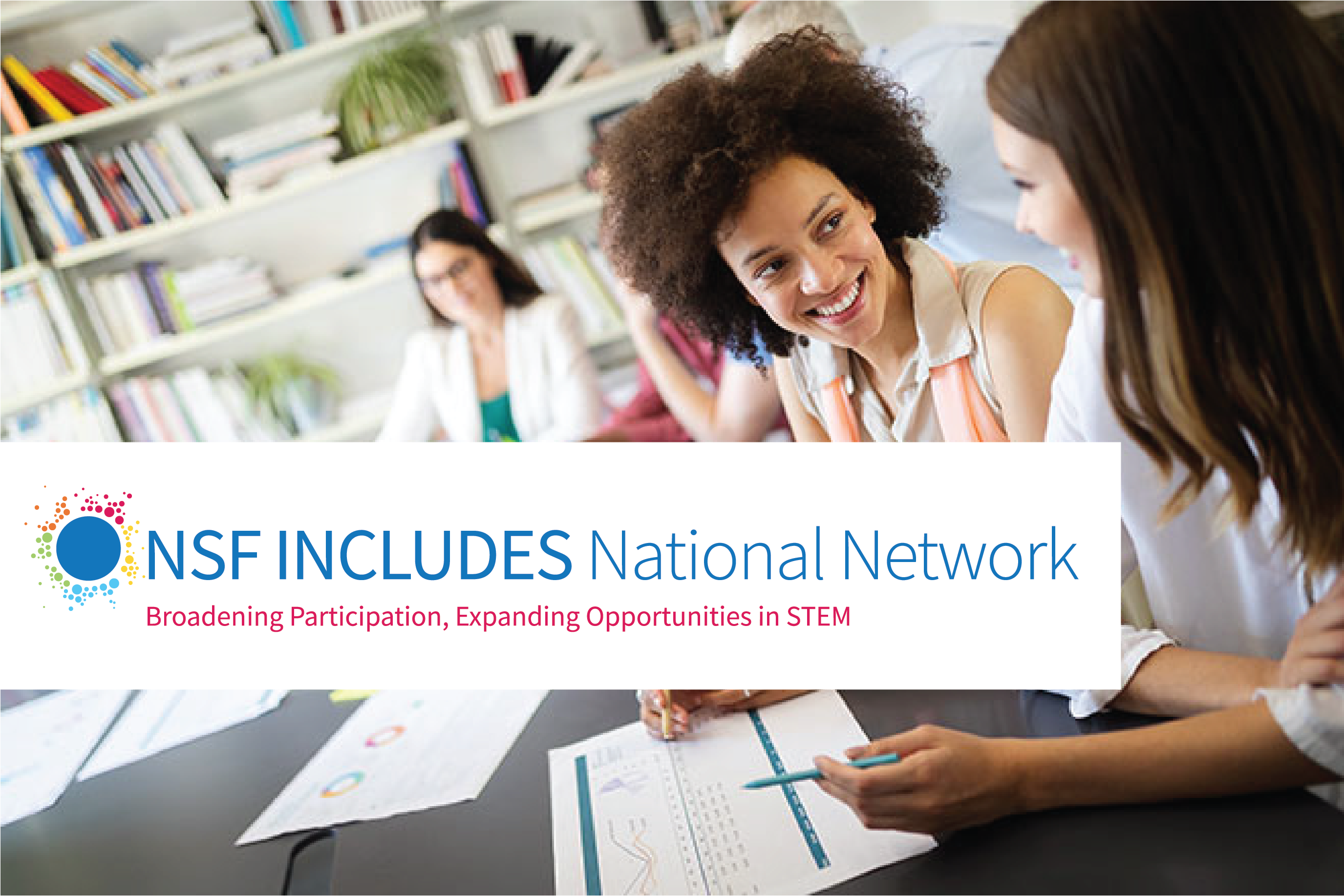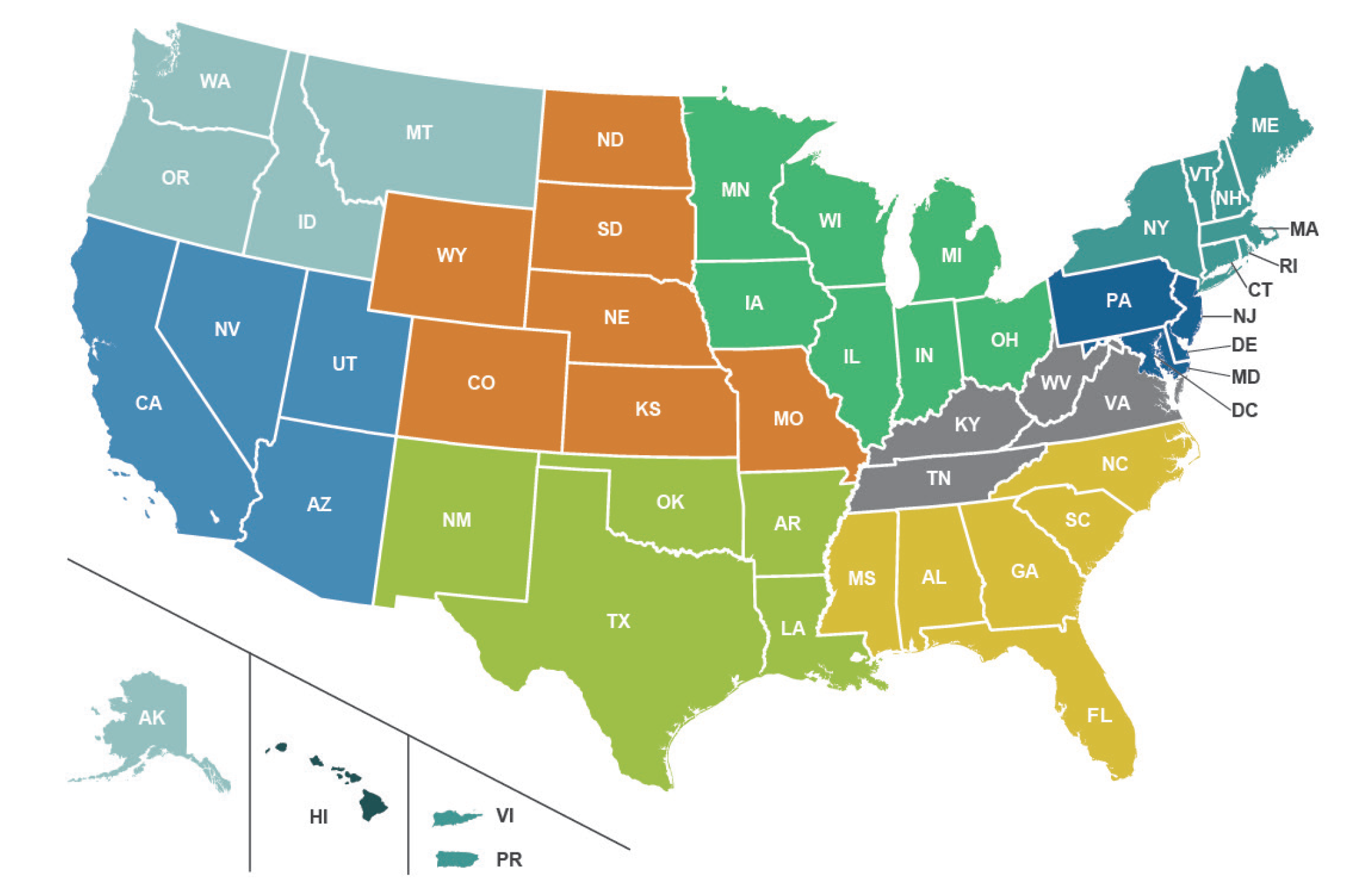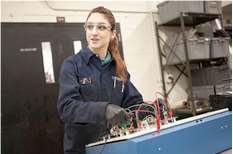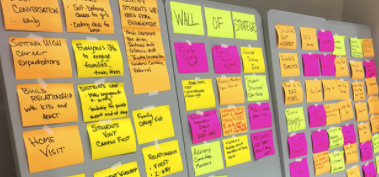The transition from high school to college can be difficult in the best of times, let alone during a global pandemic. Our previous post on Supporting Postsecondary Transitions During COVID-19 offers practical resources for supporting students and families navigating the college application and enrollment process during the pandemic.
Parents undoubtedly want the best for their children, including good health, economic security, and happiness. Postsecondary education can support these aspirations, because those who attain postsecondary credentials have well documented advantages in rates of employment, earnings, positive health outcomes, and civic engagement.
Some STEM employers saved summer internship programs with a quick pivot to virtual. But how did that go? An NSF-funded study is finding out, with the goal of helping STEM virtual internships work better for more employers and students next summer and beyond.
In a recent Institute of Education Sciences report, Regional Educational Laboratory Appalachia partnered with the West Virginia Department of Education to conduct a first-of-its-kind study to determine the alignment between the state’s high school career and technical education offerings and high-demand occupations that do not require additional postsecondary education.
The COVID-19 pandemic has disrupted the college application, financial aid, and decision-making processes for students and families seeking a higher education. K–12 and higher education practitioners now have an opportunity to innovate how to support students through what is currently uncharted territory.
The question of how schools can best prepare students to enter the workforce is raised constantly in settings from classrooms to boardrooms; the answer, however, remains elusive. Employers increasingly critique the preparation of incoming graduates, with only 11 percent agreeing that students have the skills and competencies needed to succeed in the workplace.
At Regional Educational Laboratory Appalachia, we travel through rural eastern Kentucky and work with school leaders. They regularly share that students in Appalachia face significant barriers to postsecondary success such as lack of exposure to models of college and career success, lack of confidence to pursue postsecondary opportunities, and low college graduation rates and problems obtaining gainful employment.
A new SRI report, Participant Experiences and Financial Impacts: Findings from Year 2 of Achieving the Dream’s OER Degree Initiative, provides evidence that degree pathways based on Open Educational Resources (OER) can increase college affordability and provide more engaging, relevant, and well-aligned instructional materials than courses using traditional textbooks.

